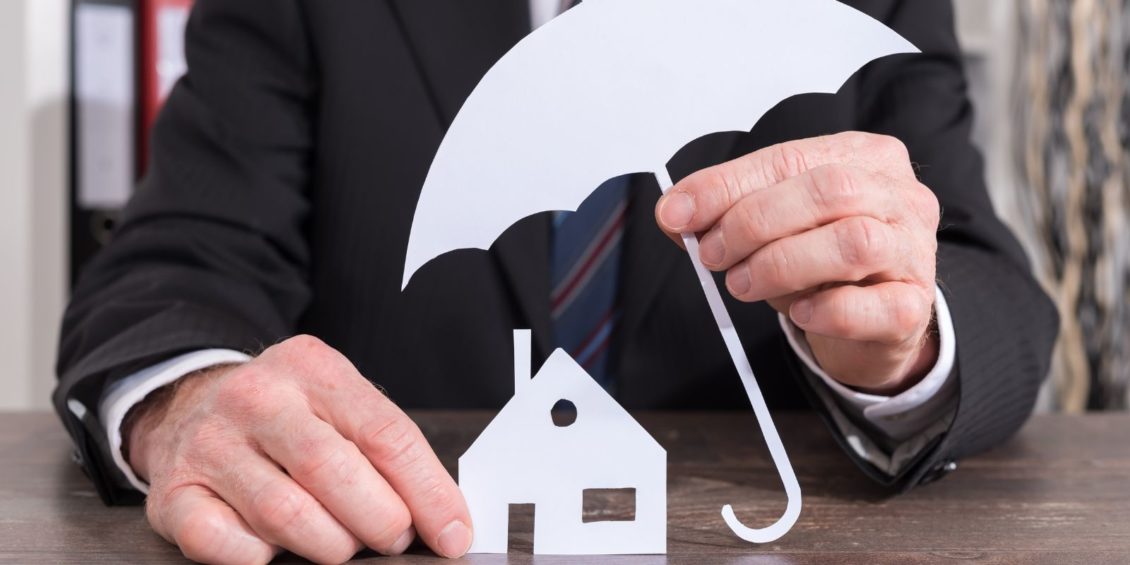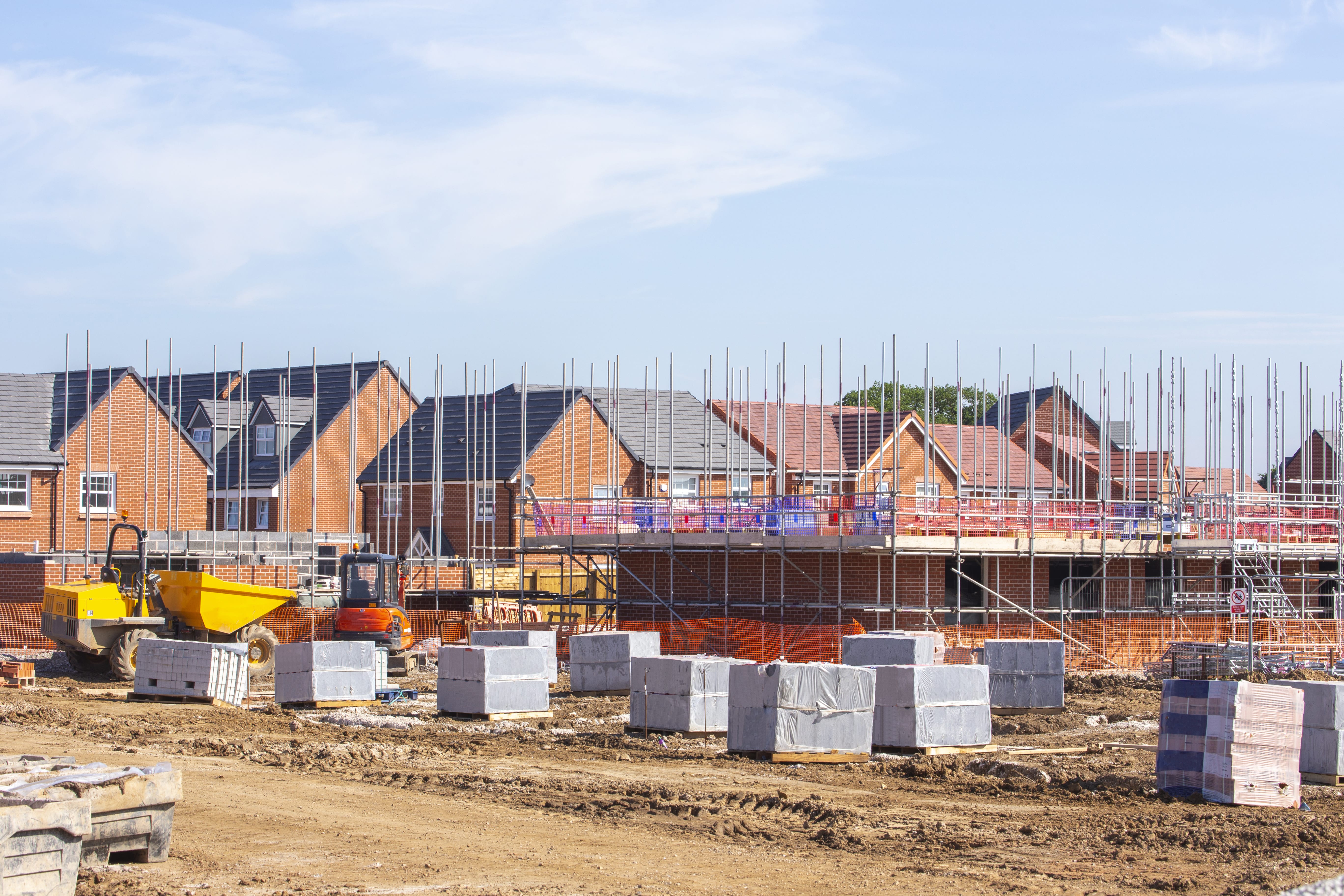If an insured event destroys or damages your home or valuables, homeowners’ insurance pays compensation. It covers you if you harm someone or damage property. Four main functions of homeowner’s insurance:
- Repair or replace your home, yard, and personal items
- Provide for you to reside elsewhere during repairs.
- Cover personal liability protection if you’re sued for someone’s harm.
Homeowners insurance is different from mortgages, which you may need if you pay less than 20% down. FHA and other government loans may mandate mortgage insurance regardless of down payment. Mortgage insurance reimburses your lender if you default.
Mortgage Insurance policy protects your lender; homeowner insurance protects you.
Is homeowner Coverage required?
Homeowners insurance isn’t mandated by the law, but your lender may require it to safeguard its investment. Even without a mortgage, property insurance is usually a good idea. A homeowner’s insurance is a financial safeguard because it covers property and liability.
Homeowners insurance covers what?
Standard homeowners’ insurance plans cover six things. Quickly:
- Dwelling coverage
Dwelling covering includes walls, floors, windows, and roof. Built-in appliances like furnaces are usually covered by home insurance. Attached garages, porches, and decks are covered under housing insurance.
Covered disasters: Most homeowner policies cover any harm not specifically excluded. Wind, hail, frost, fire, and lightning are likely reasons of homeowner insurance claims.
Workflow: A storm uproots a tree that crashes on your home, smashing the roof and attic. You pay the deductible, and the insurer pays the remainder, up to your dwelling coverage limit.
- Others structures covered
Other structures coverage insures non-attached structures on your property. A shed, fence, or detached garage qualify.
Covered disasters: Most homeowners insurance plans cover additional structures for any non-excluded disaster. You’d be covered for fire, wind, hail, and snow.
Workflow: A severe snowstorm causes your fence to collapse. Insurance would cover the expense, minus your deductible.
- Personal property insurance
“Personal property” means your clothes, furnishings, electronics, and non-built-in appliances. Most homeowner plans cover these products worldwide, not just at home. If your bike is stolen outside a store, it’s probably insured (minus your deductible).
Covered disasters: Personal property coverage is usually separate from dwelling and structure coverage. Homeowners policies cover just mentioned disasters, not anything else.
In your policy, these tragedies are dubbed “perils”:
- Lightning/fire.
- Hail storms.
- Vehicle damage.
- Objects falling.
- Ice, snow, sleet weight.
- Plumbing, air conditioning, and appliance water overflows.
- Home systems freezing.
- Surge damage.
- A hot water, steam, air conditioning, or fire protection system rips, cracks, or bulges suddenly.
Workflow: A winter pipe bursts, flooding your kitchen. Personal property coverage covers damaged furnishings, minus your deductible, but not built-in things like cupboards.
- Loss-of-use protection
If your house is too destroyed to live in, the loss of use clause of your homeowner’s insurance can help. If your house is unusable after a covered disaster, loss of use insurance may compensate for hotel accommodation, restaurant meals, and other expenses.
Covered disasters: You may be entitled for loss of the use insurance if your house is undergoing covered repairs. If your home is damaged by an uninsured event, like a flood, your insurer won’t pay your extra living expenses.
Workflow: After one kitchen fire burns to your sitting room, contractors perform repairs for months. Your insurance company rents you a similar-sized house nearby.
- liability insurance
Personal liability insurance helps if someone files a lawsuit for injury or property damage. If your dog, for example bites a person in the playground, you may be protected.
Covered disasters: Liability insurance covers personal harm and property damage, with limitations. Criminal activities or intentional injury aren’t protected. No coverage for automobile accident injuries or damage.
Workflow: Before you salt your snowy sidewalk, a deliveryman slip. He sues for hospital costs and lost pay after breaking his wrist. Your liability insurance could cover your legal fees and lawsuit damages up to your plan maximum.
- Health insurance
Medical costs coverage compensates if you injure someone outside your family. Medical payments coverage pays money without a lawsuit or fault finding.
Covered disasters: If someone is injured on your property or you hurt someone outside your house, you can use your medical payments coverage. Liability and critical illness bills include similar exclusions, including willful conduct and car accidents.
Workflow: Your dog bites a guest. Your health insurance covers their urgent care visit for stitches.
For further information, you can contact us at https://www.quoteradar.co.uk/ to get a free quote.









Leave a Reply
View Comments